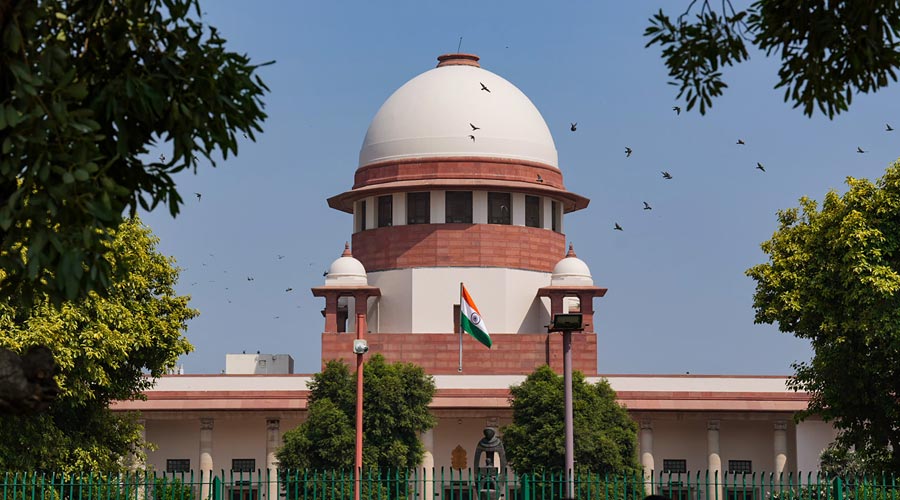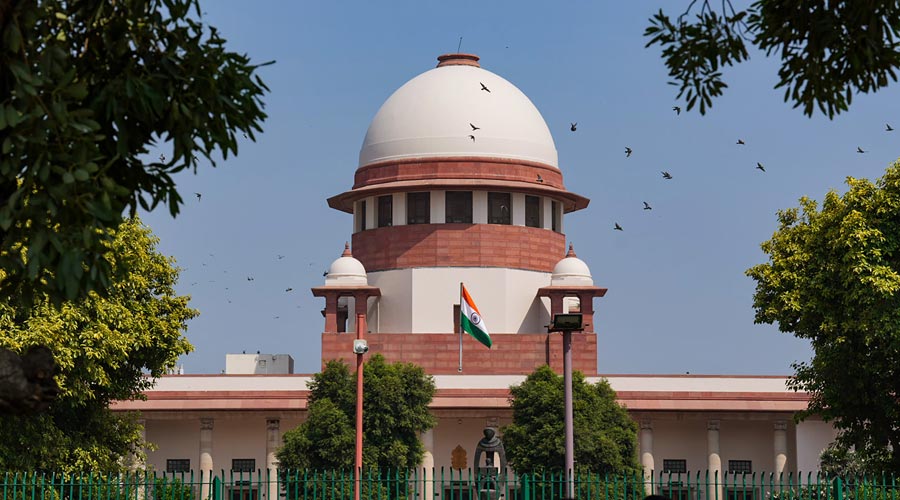The Supreme Court on Monday upheld the powers of the states of Gujarat and Uttarakhand to set up their own committees to examine the subject of introducing a uniform civil code within their borders.
The country now has different personal laws for different religious communities — such as Hindus, Muslims and Christians — that govern matters such as marriage, divorce, maintenance and guardianship.
Having a uniform civil code across the country has been one of the core ideological positions of the BJP and the larger Sangh parivar.
Now Gujarat and Uttarakhand, ruled by the BJP, have set up their own committees to examine the matter of evolving a state-level uniform civil code. Article 44 of the Constitution, relating to the Directive Principles of State Policy, envisages a uniform civil code for the country sometime in the future. However, unlike the fundamental rights, a citizen cannot seek enforcement of the ideal envisaged in the Directive Principles, which have only a persuasive value.
Petitioner Anoop Baranwal, who appeared in person before the top court, had challenged the two states’ decision to set up the committees. Citing Article 44, he had argued that Parliament alone had the legislative competence to enact such a code.
The bench of Chief Justice D.Y. Chandrachud and Justice P.S. Narasimha dismissed the public interest plea. “Article 162 of the Constitution indicates that the executive power of a state extends to matters with respect to which the legislature of the state has power to make laws,” the court order said.
“In view of the provisions of Entry 5 of the Concurrent List of the Seventh Schedule, the constitution of a committee per se cannot be challenged as ultra vires.”












